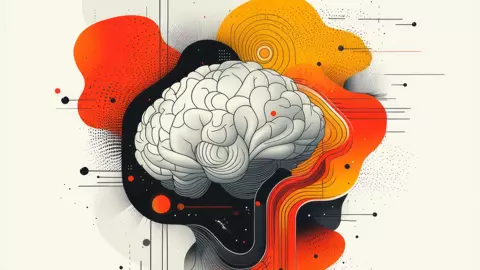At the beginning of the 20th century, the mathematician Godel showed that every mathematical system is incomplete, using a version of the self-referential paradox: “this sentence is not true”. Here, neuroscientist and philosopher Erik Hoel argues that this incompleteness extends to the scientific project as a whole; partly because of science’s dependence on mathematics. More radically, Hoel argues, this incompleteness of science could explain why we cannot find scientific evidence for consciousness anywhere in the world.
Let’s say you live in a universe where you are actually a kind of soul incarnated in a corporeal body. Or some kind of agent of a larger reality embedded in a simulation (depending on definitions, the two scenarios might not be that different). What would science look like in such a dualistic universe?


